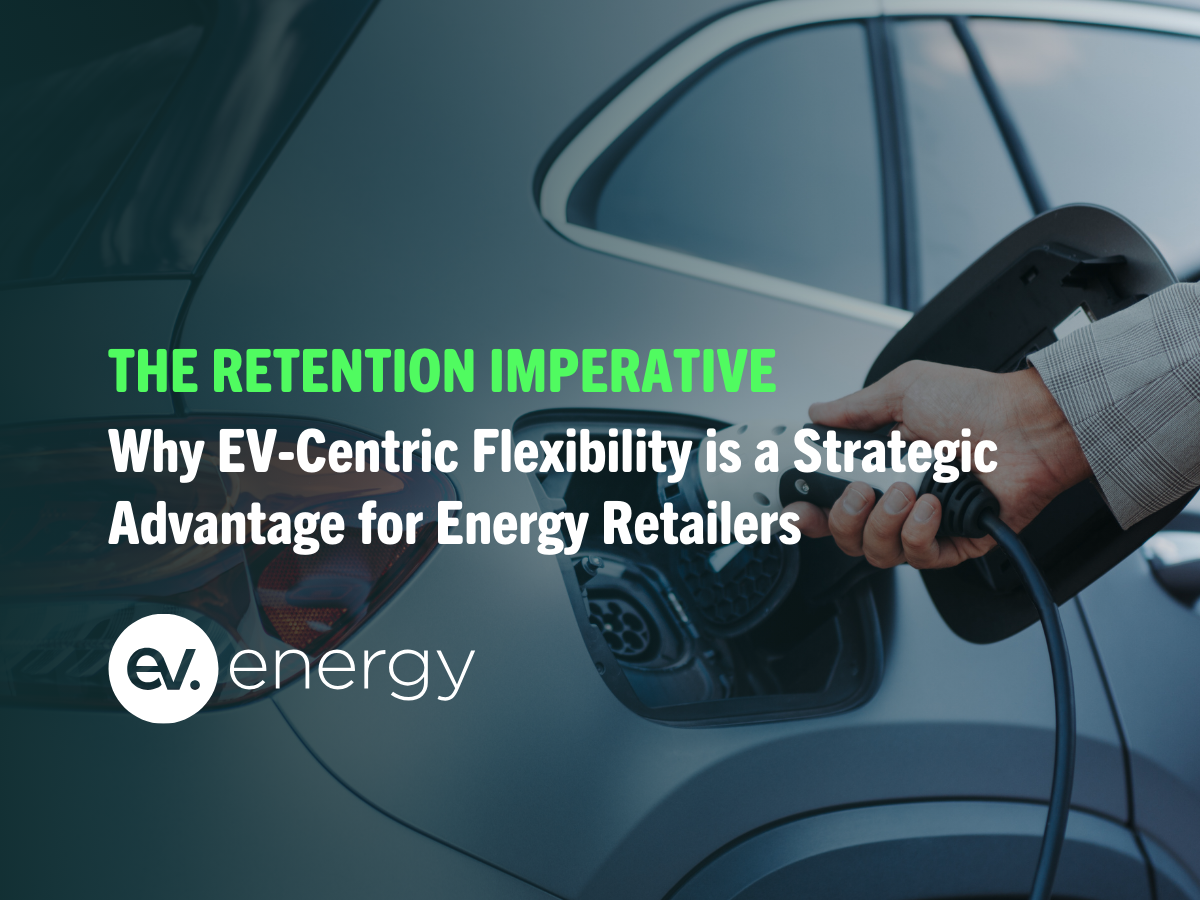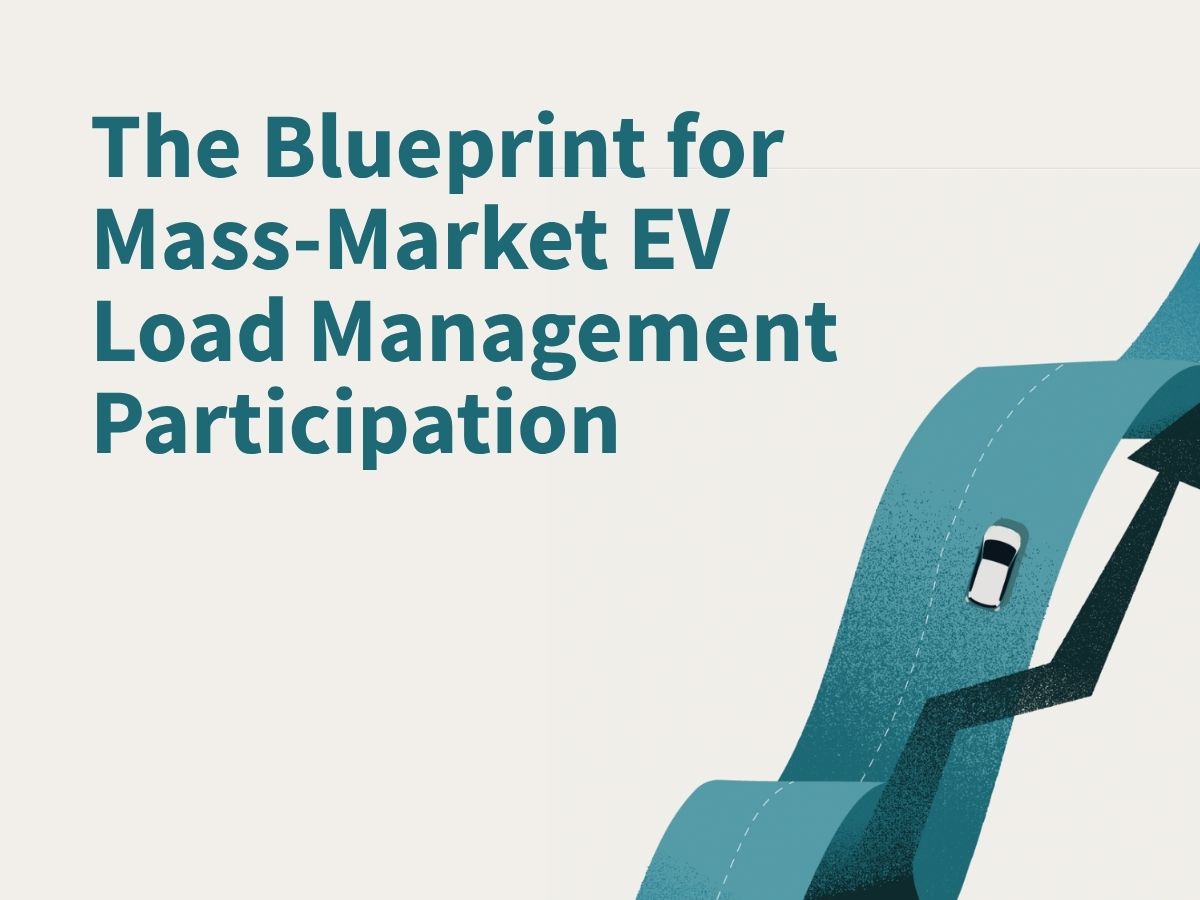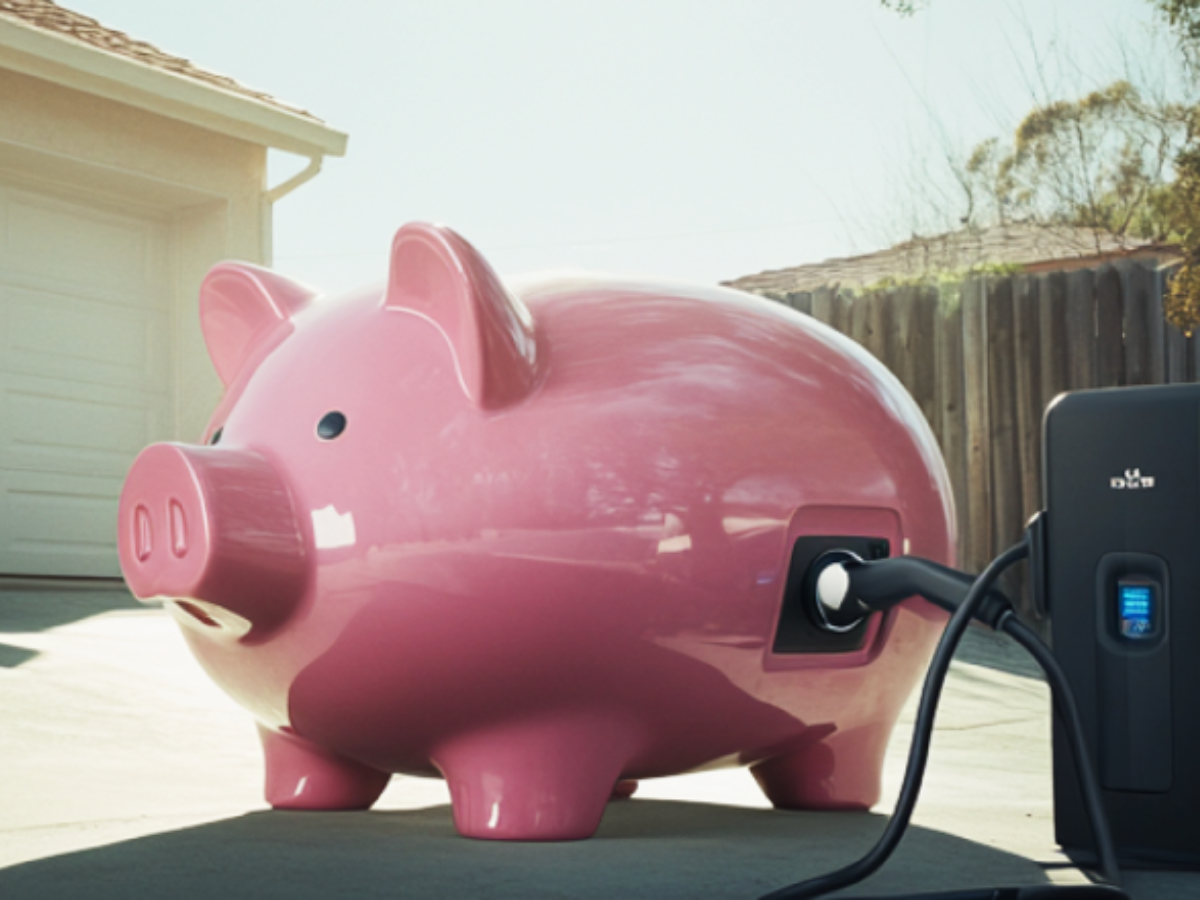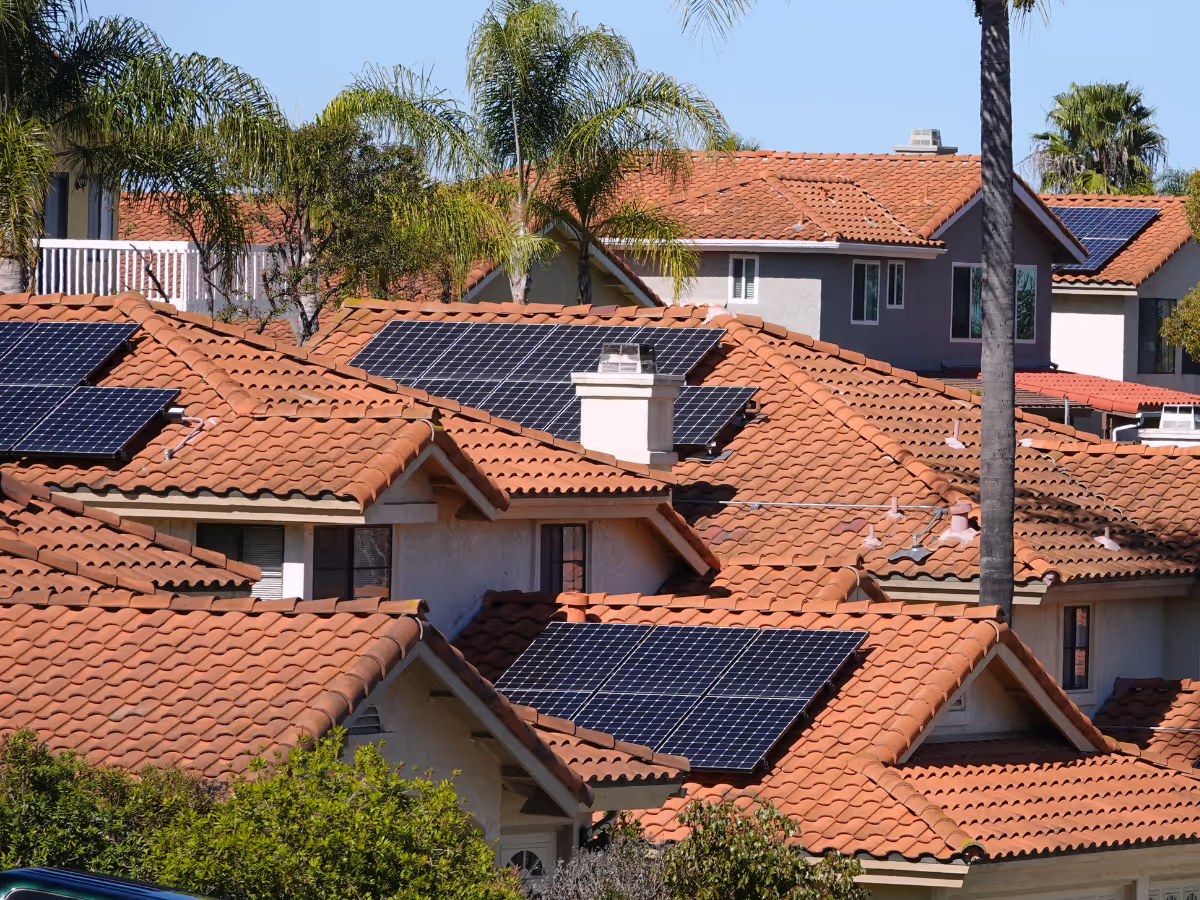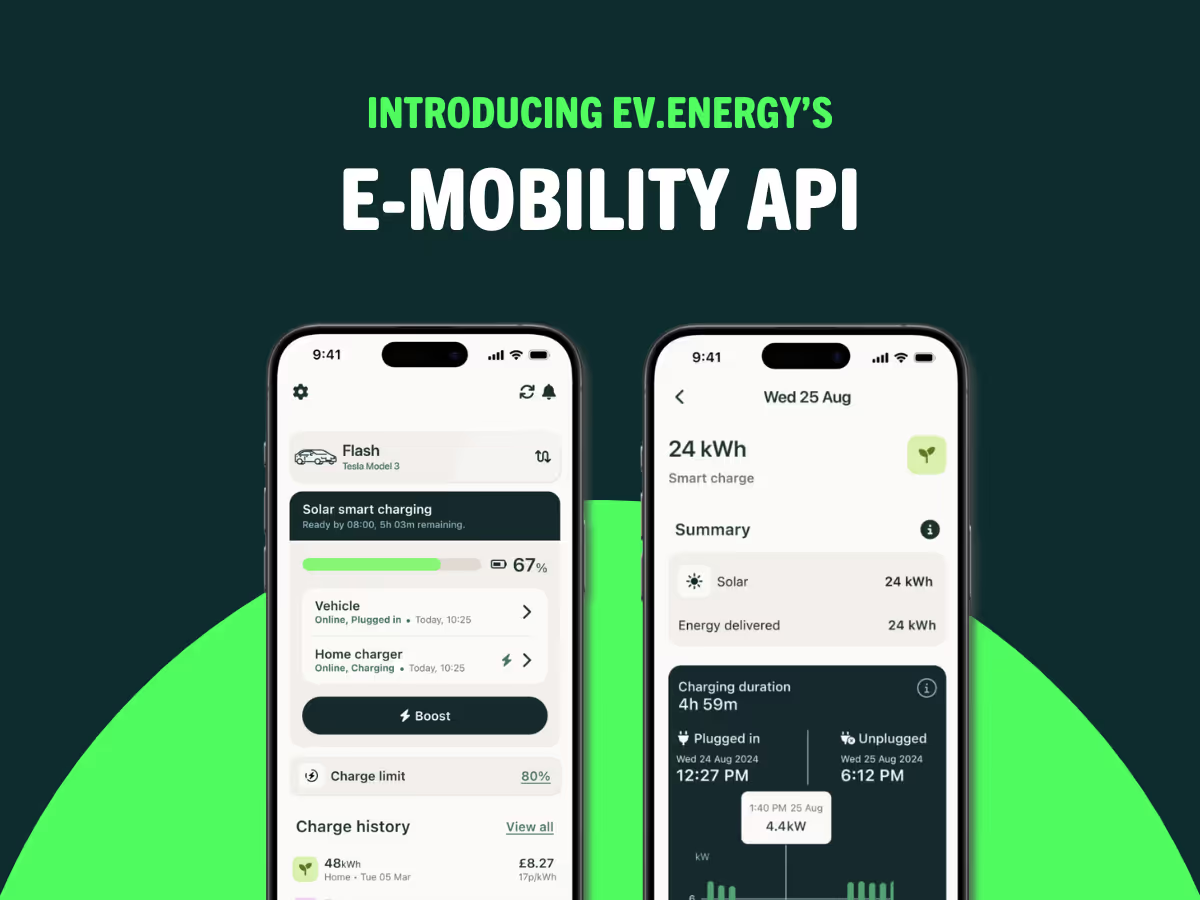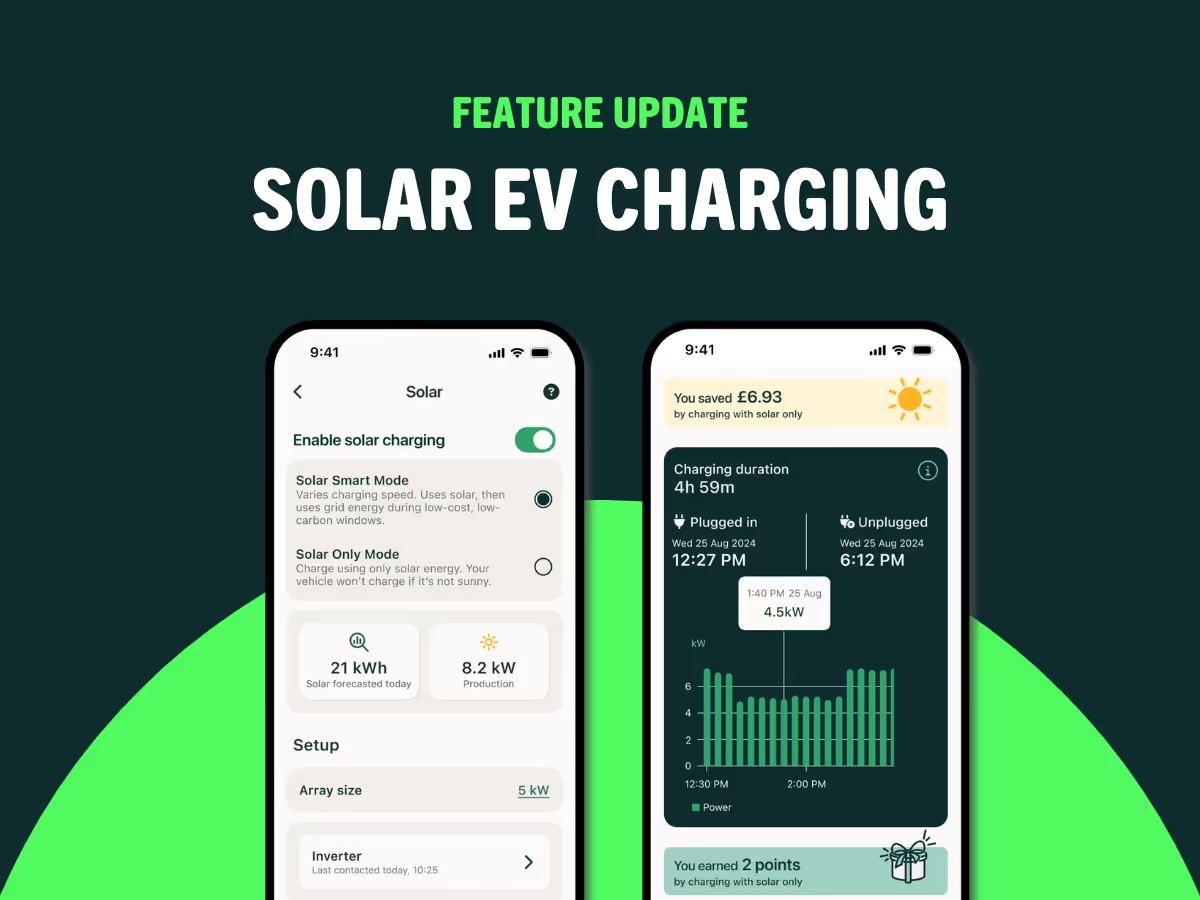Are EVs really green?


Myths debunked by ev.energy: Are EVs really green?
Rising sea levels, more frequent extreme weather and soaring global temperatures threaten to devastate ecosystems and prompt mass environmental migration. As the climate crisis deepens, the world is attempting to stem the tide of global warming and limit its impact.
This has given rise to a green boom – with investment into renewable energy sources and sustainable technology gathering pace. And the transition from fossil-fuel powered vehicles to electric vehicles is at the heart of worldwide change. But what exactly are the green credentials of EVs?
A recent report by the universities of Exeter, Nijmegen and Cambridge concludes that in 95% of the world, driving an electric car is less harmful to the environment than driving a conventional petrol car. In this article, we’ll unpack why this might be.
Electric = green, right? Not always.
Electric vehicles and petrol/diesel vehicles both convert stored energy into kinetic energy. And both use chemical reactions to achieve it. But there is one fundamental difference: combustion engines burn fuel in a chemical reaction that releases carbon dioxide as a by-product. Whereas electric vehicles release energy electrochemically, without burning fuel, and thus produce no CO2 emissions.
Argument settled? Read on, and you’ll see why it’s not quite so cut-and-dried.
Some EVs are greener than others
Just like fossil-fuel-powered vehicles, there can be significant discrepancies in the environmental credentials of EVs. And there are many cradle to the grave considerations. The efficiency of a vehicle’s battery is an obvious starting point, which is often borne out in its mileage range. But there are some deeper data metrics to consider too, like overall environmental impact of the vehicle, its estimated lifespan, and recyclability of its parts (more on these later). And there’s another big reason some EVs end up greener than others: how they’re charged.
How you charge makes the world of difference
An EV’s impact on the environment isn’t only measured by how efficient it is turning electricity into kinetic energy. How that electricity is produced in the first place matters. Because if an EV is charged using electricity produced by burning fossil fuels, its green sheen is somewhat diminished. Charge the vehicle using solar, wind or another renewable source of electricity, and you have a vehicle with almost no carbon footprint. To look back at the research referenced above, this is why in 5% of countries, EVs are still no greener than conventional cars. Where electricity is still mostly generated by coal, the carbon footprint of EVs deepens.
So ensuring you’re on a green energy tariff at home – and charging at home the majority of time – is a great way to ensure your EV is powered by renewable sources.
Manufacturing plays a part
Building almost anything produces carbon emissions. And EVs are no different, with batteries particularly guilty of edging up the carbon footprint. The majority are manufactured in China, South Korea and Japan, and are responsible for relatively high emissions. However, with China due to increase renewable energy into its electricity mix, emissions associated with battery manufacture are set to drop substantially.
As well as the production of EV batteries, their recyclability offers a bone of contention too, with some components’ recyclability lagging behind. However, as EVs become more widespread, it’s believed that recycling batteries will become far more efficient.
Are we running out of the raw materials to make electric car batteries?
EVs run on lithium-ion batteries. And lithium – a rare earth material – only exists deep underground. Paradoxically, the energy it takes to extract lithium from the ground can be carbon-intensive. There are also undesirable by-products to mining for lithium, such as acid waste and even radioactive residue.
But talk of a shortage of this liquid gold is said to be wide of the mark. Data indicates lithium reserves in the earth are abundant enough to sustain triple the market demand of today for 185 years.
So battery production won’t grind to a halt anytime soon, but there is an ecological cost to square. Yet, even after considering the environmental impact of the manufacturing process, battery-powered vehicles still present a far eco-friendlier alternative to petrol cars.
So is now a good time to invest in an electric vehicle?
There’s no easy answer, but broadly, yes.
Even at this relatively nascent stage, EVs are streets ahead of conventional cars environmentally. And as green technology moves through the gears, it’s a gap that will only get bigger. Charging infrastructure may be a barrier to some, while range could be an issue for others. But if we’re plotting the carbon footprint of internal combustion engines against batteries, there’s only one winner.
Looking forward, the UK government is set to end the sale of new diesel and petrol cars by 2030, meaning the decision will soon be taken out of our hands anyway, so it may be a good time to take advantage of the various financial incentives to switch to electric vehicles now.
Make your EV even greener
Whilst your EV is almost certain to be greener than a petrol alternative, it could be even better for the planet with a few small actions from you. Apps like ev.energy help to automatically optimise EV charging at home, for a greener, cheaper charge. You simply set your vehicle to charge by a certain time, and the app does the rest. The ev.energy app also offers drivers the capability to offset the carbon footprint of their vehicle.
Download the ev.energy app to make your EV even greener.
